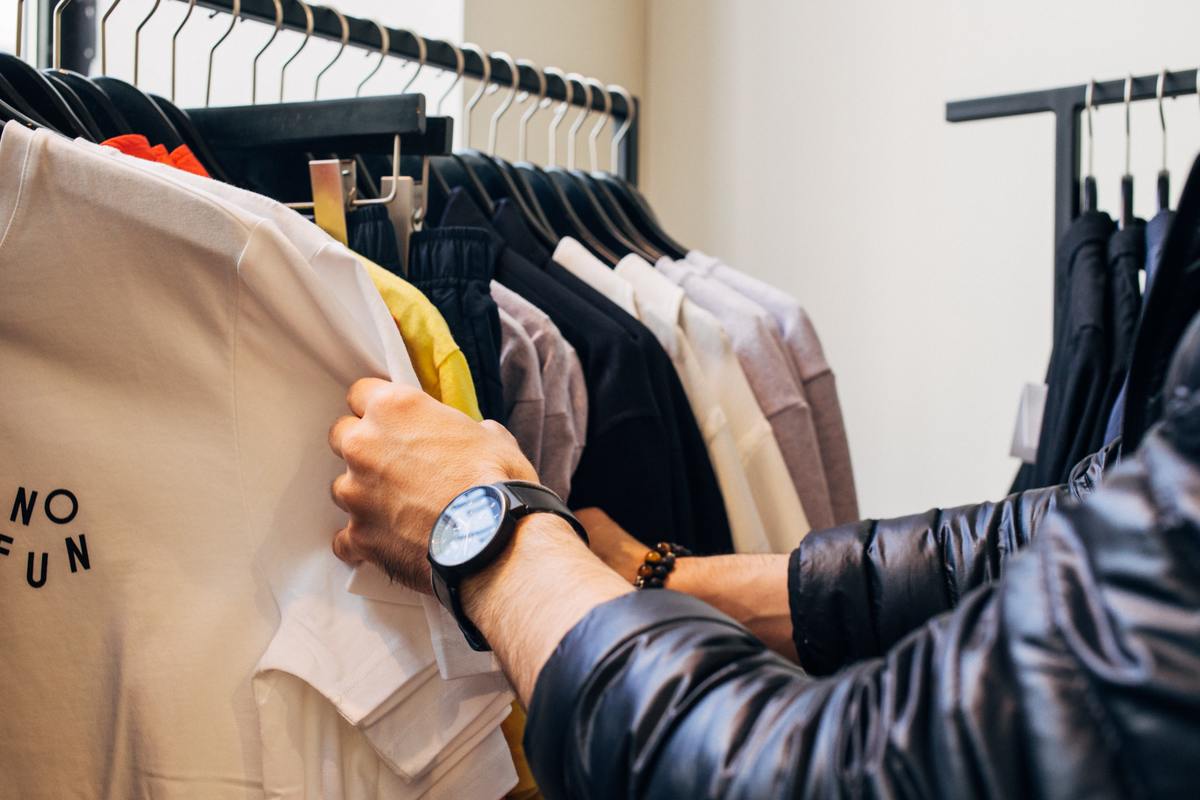Nearly 10 years ago we bought a car called a Nissan Leaf. It was the first mass produced electric car that I am aware of at the time, and it was great for driving around town. But while it claimed a range of about 100 miles or so per charge in Northern California; in Pennsylvania, where we live and when temperatures drop, we went from having a range of about 100 miles to less than 50 miles in nearly 20 minutes. Let me ask you this -- at a time before grocery stores had plug-in stations, where could you find an extension cord long enough to plug in a car? This is what is referred to as “range anxiety.”
What does “range anxiety” have to do with retail and merchandising and marketing of products at the moment? ...It speaks to VARIABLES... both the known and unknown.
How do you plan for the unknown? An unknown variable.
As we come out of this pandemic, companies are facing more variables than ever before. How do you bring employees back? Do they want to come back? How do you target shoppers and where will they want to shop? What will they want to buy as they endeavor into this new post-pandemic world? Where will they want to buy it…online, in-store, etc.?
Companies are trying to figure out how to move forward not knowing what people want or even what all the variables are in the future world.
Have you ever heard the phrase, “The world doesn't change in front of your eyes, it changes behind your back”? It is a phrase coined by writer Terry Hayes. And I think it speaks perfectly to how retailers and brands need to consider the choices they make right now. The world has changed in ways that we haven’t even fathomed yet. And moving forward, retailers and brands simply cannot be everything to all people.
As I mentioned in my previous articles, people have become “tribal”, and it’s time for companies to align in the same way.
Will you (a retailer or brand) offend some people by taking this approach? Likely. But, given the current situation, I would argue you will offend someone regardless. Given the divisive nature in our environment today, it is impossible to “please” everyone. Companies need to align themselves with a big enough customer base so they can run a business appropriately. Example: Certain customers will only buy Apple or Android products, and trying to convert one to another would likely be fruitless. Some shoppers refuse to shop at Target, or Amazon, or Whole Foods based on the point-of-view that already exists from these retailers. That’s fine. Here are a few more examples:
Bed Bath & Beyond - My Pillow
Bed Bath & Beyond CEO Mark Tritton has noted that his objective is shareholder value, and he is running the business based on that very overt point of view. Within two months of being at his post, he removed almost the entire existing C-Suite — all of them — citing the need for “fresh perspectives from new, innovative leaders of change.” On top of that he formulates a point of view without significant concern for offending certain customers. Despite protests and threats of boycotts for and also against My Pillow and its CEO Mike Lindell’s support of Donald Trump, Tritton chose to no longer sell the product in stores. He took a stand and didn’t try to stay neutral in the midst of a public debate. He understood the need to have a point of view and wasn’t afraid to offend people.
United Airlines - Mandatory COVID Vaccinations
In January, United Airlines’ CEO Scott Kirby announced wanting to make the COVID-19 vaccines mandatory for its more than 60,000 active U.S. employees. It was a controversial stance particularly as other airlines and companies overall balk from this kind of mandate. However, according to Kirby, “I recognize it’s controversial – I think the right thing to do is for United Airlines, and for other companies, to require the vaccines and to make them mandatory.” The policy has not been instated as far as I could find, however Kirby was unabashed in his opinion, realized it would offend some people, but took a stand which may or may not play out in terms of customers. I’d venture to guess that a fully vaccinated crew, however, would likely bring more travelers to purchase tickets.
My point of view here is very, very simple…BEFORE YOU (the decision-maker at whatever company you are running) act on your idea or opinion, you should understand who you’ll be offending, what the implications are and how it will impact the financial success of your shareholders.
I am not suggesting you don’t act or let the consumer decide for you, I am simply suggesting you test and understand the impact before you move. Who wouldn’t want to know that first? Stupid mistakes are no longer something that can be absorbed but will easily put a board and management team on notice.
Before a retailer or brand dives into a new point of view, strategy or design, it’s critical that it be tested in order to have a full view of what the implications may or may not be.
Working on hunch, opinion or visceral point of view is not how the world works in 2021, just ask the customer. Why wouldn’t you?














